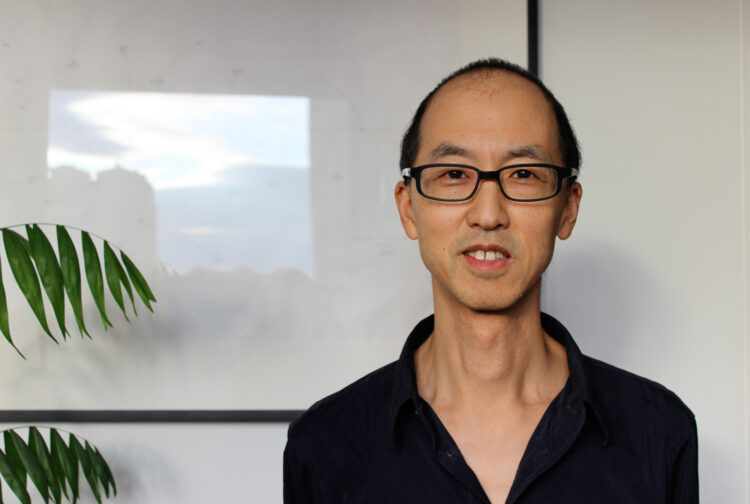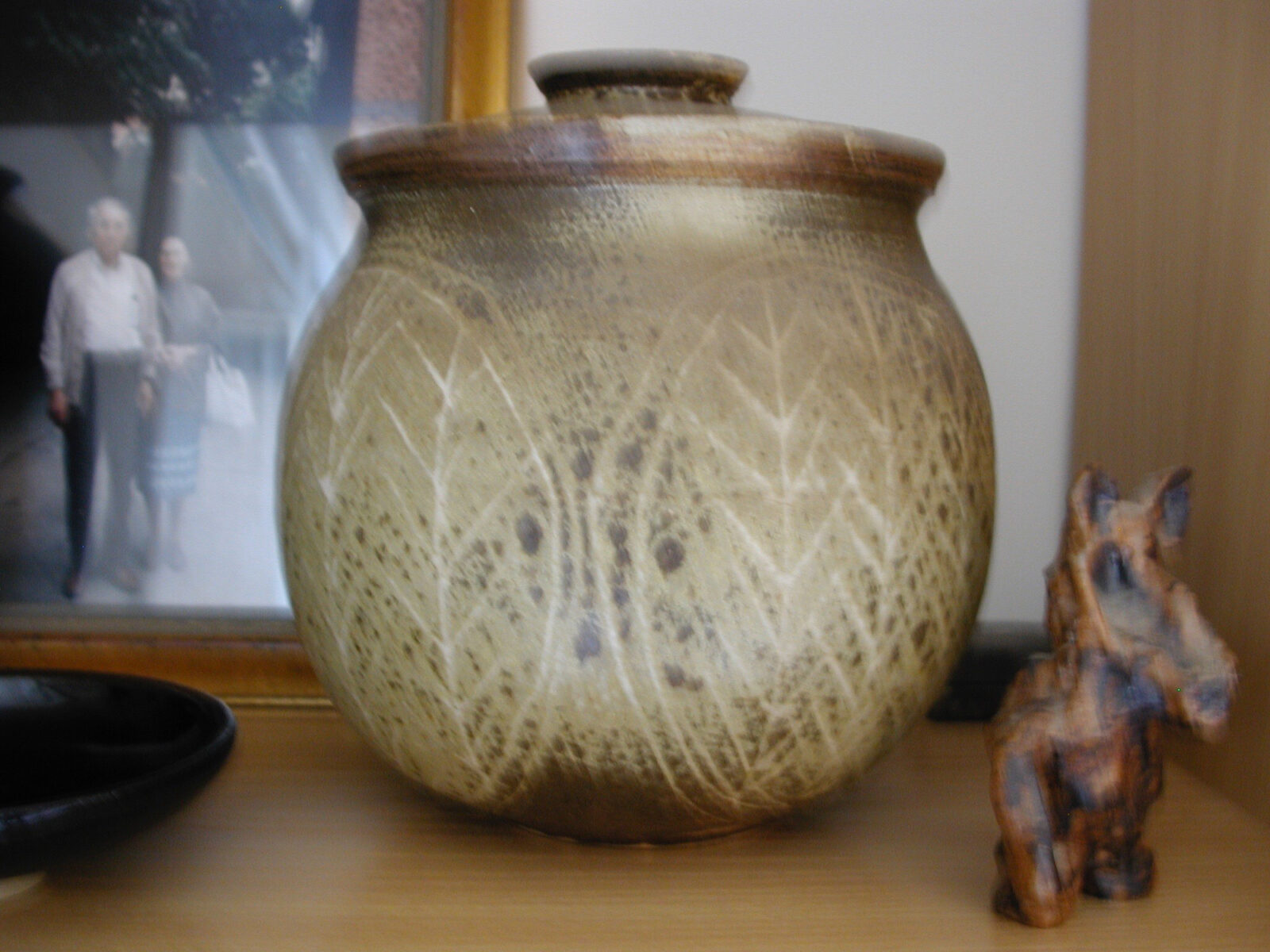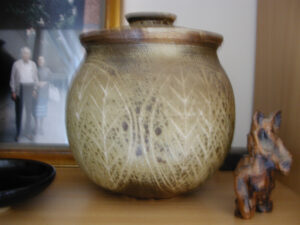
Tan Lin
New York, NY
Tan Lin is a writer who has worked across multiple mediums and genres including poetry, creative nonfiction, literary criticism, and fiction. Throughout his work he explores reading practices, and what he calls “ambient literature”—a mode of literature rather than a distinct genre, one that is permeable, mood-based, and disables rigid genre distinctions. He has authored over 12 books. He received a 2012 Foundation for Contemporary Arts Grant for Poetry, a Getty Distinguished Scholar Grant for 2004-2005, and a Warhol Foundation Arts Writing Grant. His book, 7 Controlled Vocabularies and Obituary 2004. The Joy of Cooking received the Association for American Studies Award for Poetry/Literature in 2010, and work was selected for inclusion in Best American Experimental Writing 2016. His video and film works have been screened/exhibited at Artists Space, Performa, Yale Art Museum, MoMA/PS 1, and the Ontological Hysterical Theatre. A solo exhibition was held at Treize Gallery in Paris in 2017. He teaches creative writing at New Jersey City University, served as Visiting Literary Arts Digital Writer at Brown University in 2018, and as guest lecturer at the Ecole des Beaux Arts in Lyon. He received his Ph.D from Columbia University.

Photo of a pot by Tan Lin’s father, a ceramic monkey by Tan Lin, and a photo of Lin’s mother and father.
Our Feelings Were Made By Hand
Tan Lin is a writer who works across mediums and genres—poetry, creative nonfiction, literary criticism, and fiction—exploring reading practices, and what he calls “ambient literature.”
Artist BioOur Feelings Were Made By Hand is an experimental fiction telling the cross-generational history of a Chinese-American family from China to southeastern Ohio. The work centers on a history of family life and human remembering, one organized around objects as much as people. Constructed as a “documentary,” or inventoried history of objects, and the formats that record them, Tan Lin incorporates bibliographies, catalogs, spreadsheets, memos, deeds, recipes, photo albums—all those formats relevant to the invention of family life. The recourse to inventories suggests that family stories—like families—are physically assembled from objects real and fictive.
